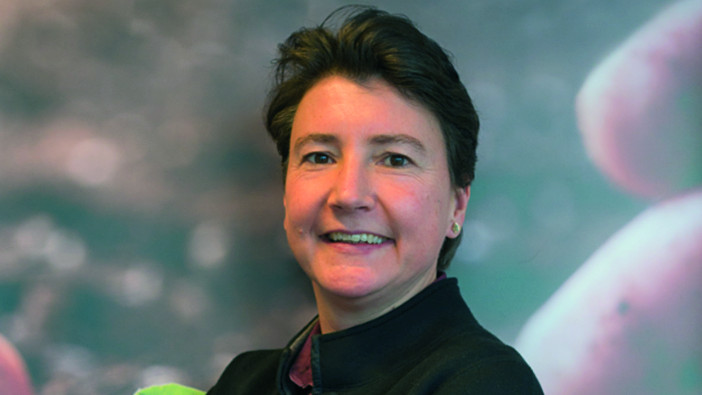Current EU GMO legislation is not fit for purpose
The Commission study rightly concludes that NGTs constitute a diverse group of techniques, each of which can be used in various ways to achieve different results and products. Therefore, safety considerations depend on the technique, how it is used and the characteristics of the resulting product and cannot be made on all techniques as a whole.
The study also rightly acknowledges scientific consensus that mutations introduced by genome editing are of the same type as those obtained with conventional breeding techniques. This leads to the fundamental problem of lack of unique identification which – specifically in light of the different regulatory approach to NGTs in other countries – would constitute tremendous enforcement difficulties.
The international seed and breeding sector has always pointed to the importance of a global harmonized scope of regulatory oversight for plant breeding innovation to avoid trade limitations and disruptions. Now the Commission study confirms that any lack of such harmonisation will put EU operators at a competitive disadvantage, with further negative economic consequences. It may also qualify as a technical barrier to trade, potentially leading to numerous disputes between the EU and many of its main trade partners.
In addition, the study highlights that maintaining the current regulatory barriers would particularly affect small and medium-sized enterprises (SMEs) seeking to gain market access with novel genomic techniques. Given its unique structure, this is particularly relevant for the EU seed sector.
The findings of this Commission study clearly confirm that urgent action is needed to modernise its outdated GMO legislation to allow for a differentiated approach for products derived from innovative plant breeding methods.
Europe’s plant breeding sector stands ready to support Commission, Member States and European Parliament in this process. A brand-new study from HFFA Research on “The socio-economic and environmental values of plant breeding in the EU” demonstrates the strategic importance of Plant Breeding Innovation to successfully achieve a sustainable and productive EU agriculture. Europe must act now and avoid undue lengthy processes if it truly wants to be a world leader in sustainability.
Petra Jorasch is a plant molecular biologist with more than 20 years of experience in the seed sector. In 2017 she became the spokesperson for Euroseeds on plant breeding innovation. Before she joined
Euroseeds, Petra Jorasch was Vice Secretary General of the German Plant Breeders’ Association (BDP) and German Federation for Plant Innovation (GFPi). Prior to that, the botanist has been working for more than 13 years as a patent officer for the Gesellschaft für Erwerb und Verwertung von Schutzrechten mbH (Society for the Acquisition and Exploitation of Industrial Property Rights).
This article was originally published in Summer Edition European Biotechnology Magazine 2021




